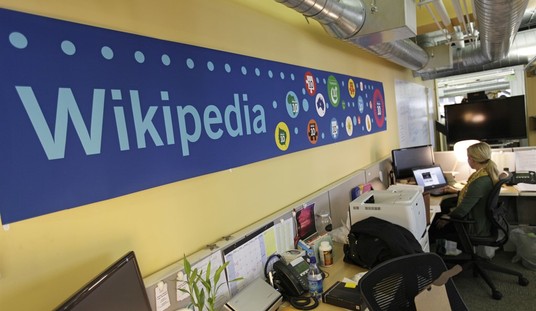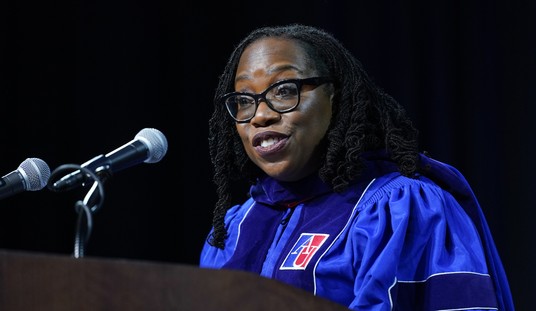The rapid reduction in price and increase in quality for handheld video cameras has created a pressure point between government at all levels and citizens, especially those in New Media or political activism. As transparency in public places becomes easier to accomplish, police have reacted by attempting to intimidate people into shutting off their cameras. In some cases, they will claim that the law forbids filming of public buildings (not true) or that the audio violates anti-wiretap legislation (possibly true in some cases). Reason TV and Reason Magazine give a hard look at the reaction and the rights of citizens to operate their cameras in public:
Who will watch the watchers? In a world of ubiquitous, hand-held digital cameras, that’s not an abstract philosophical question. Police everywhere are cracking down on citizens using cameras to capture breaking news and law enforcement in action.
In 2009, police arrested blogger and freelance photographer Antonio Musumeci on the steps of a New York federal courthouse. His alleged crime? Unauthorized photography on federal property.
Police cuffed and arrested Musumeci, ultimately issuing him a citation. With the help of the New York Civil Liberties Union, he forced a settlement in which the federal government agreed to issue a memo acknowledging that it is totally legal to film or photograph on federal property.
Although the legal right to film on federal property now seems to be firmly established, many other questions about public photography still remain and place journalists and citizens in harm’s way. Can you record a police encounter? Can you film on city or state property? What are a photographer’s rights in so-called public spaces?
Wiretap laws may be a problem in those states that require all parties to be notified, but that’s also unlikely. Public officials performing their duties in public have no right to privacy; in fact, they’re supposed to be performing those duties under public scrutiny. In some cases (such as legitimate undercover work) courts might be inclined to grant some exceptions, but police wear uniforms in public for a reason. Furthermore, the presumption of privacy is greatly diminished for everyone in public spaces, police or not.
People cannot interfere with police while filming, of course, just as they can’t interfere through any other actions. But standing out of the way with a camera isn’t interference, no matter how much individual officers might claim it to be. If you do want to film police officers in action, be sure to read Reason’s primer on how to do so with the least amount of legal risk.








Join the conversation as a VIP Member